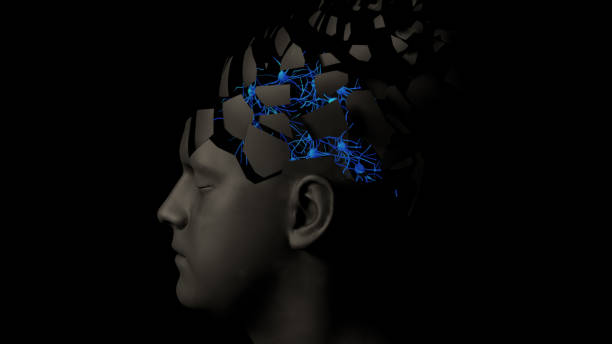The moment most people hear the term neuroticism, they immediately associate it with emotional instability, anxiety, or negativity. Neuroticism, in psychology, is usually associated with mental health issues like depression, eating disorders, body dissatisfaction, and even personality disorders. Indeed, some professionals think that neuroticism may be the cause of most emotional problems, which is why contemporary therapies such as transdiagnostic therapy emphasize it so much.
But there’s a catch: new studies are indicating that neuroticism isn’t so terrible after all. Indeed, under the proper circumstances, it may even lead individuals to form more robust relationships and be improved problem solvers.
Table of Contents
Neuroticism and Relationships: The Good, The Bad, and The Surprising
High neuroticism is no mystery when it comes to complicating romantic relationships. Those who test high on this attribute tend to:
- Exaggerate tiny fights
- Interpret innocuous remarks as being critical
- Be unhappy with their partner or surroundings
- Threaten to break up in coping-level conflicts
Due to these habits, research repeatedly finds that increased neuroticism is associated with diminished relationship satisfaction across various ages, cultures, and even sexual orientations.
But now it gets interesting neuroticism might also have hidden assets, particularly when combined with other big five traits such as conscientiousness.
New Research: Conflict Resolution Skills in Neurotic Individuals
A landmark study by Xuan Quek et al. (2025) looked closer at how neurotics manage conflict. In contrast to prior studies based on self-report measures (which typically created a negative picture through self-bias), this study employed actual conflict negotiation drills observed by unbiased judges.
The findings were shocking:
- Neurotic participants were judged to be **a better negotiator by outsiders than they judged themselves.”.
- Their self-criticism probably led them to downplay their own strength.
- When teamed with conscientiousness (the Big 5 trait associated with responsibility and self-discipline), neurotics avoided poisonous behaviors and demonstrated more effective problem-solving abilities.
This means neuroticism isn’t necessarily a weakness, but more of a strength when teamed with other traits.
Healthy Neuroticism: When Anxiety Becomes an Asset
Scientists refer to this combination of neuroticism + conscientiousness as “healthy neuroticism.” These people might feel anxiety intensely, but they employ it in a constructive manner to prepare for the future, remain cautious, and shun impulsive decisions.
For instance:
- They might worry about their well-being, but this anxiety encourages them to exercise regularly, eat healthily, and shun dangerous vices.
- In relationships, their hypersensitivity might make them respond to their partner’s mood, if coupled with self-control.
This illustrates the way no single personality trait exists alone. The manner in which traits interact with one another determines actual-life outcomes.
Why This Matters for Love and Life
While this research involved students in a controlled environment, there is potential for results to be applied to romantic relationships as well. Here’s what we can learn:
- Neurotic people tend to downplay themselves their self-doubt isn’t always truthful.
- Conscientiousness serves as protection, converting neurotic behaviors into relationship skills.
- Each characteristic has a silver lining, it’s not a matter of eradicating neuroticism, but figuring out how to balance it.
Therefore, if you or your partner are “neurotic,” don’t consider it a death sentence for your relationship. With awareness and the proper ratio of characteristics, neuroticism can end up enhancing conflict resolution and emotional bonding.

Final Thoughts
Personality is not set, it’s a combination of characteristics that interact in a particular manner. Neuroticism will create anxiety and negativity, but if given the appropriate circumstances, it will become acutely aware, enhance problem-solving, and enhance relationships.
The takeaway lesson? Rather than calling characteristics “good” or “bad,” we need to know how they function together. At times, what appears to be a weakness can be a secret strength in disguise.



